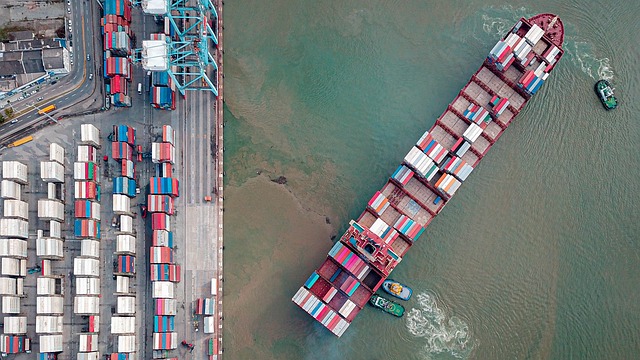-
The Philippines’ overall performance in the latest United Nations Global Survey on Digital and Sustainable Trade Facilitation report continues to improve, as the country scored 87.1 in 2023 from 86.02% in 2021
-
The Philippines maintained its 100% score for formalities and transparency, 77.78% for institutional arrangement and cooperation, and 85.19% for paperless trade
-
It also improved in the area of cross-border paperless trade with a score of 66.67% from 61.11% in 2021
-
Of the survey’s 60 trade facilitation measures, the Philippines has fully implemented 27 measures and partially implemented 21
The Philippines’ overall performance in the latest United Nations (UN) Global Survey on Digital and Sustainable Trade Facilitation report continues to improve, as the country scored 87.1 in 2023 from 86.02% in 2021.
The fifth installment of the biennial report showed the Philippines maintained its 100% score for formalities and transparency, 77.78% for institutional arrangement and cooperation, and 85.19% for paperless trade. It also improved in the area of cross-border paperless trade with a score of 66.67% from 61.11% in 2021.
The latest installment of the report (formerly known as the Global Survey on Trade Facilitation and Paperless Trade Implementation) was jointly conducted by all five UN regional commissions and UN Conference on Trade and Development.
Launched on July 5, the survey covers over 140 countries and supports the implementation of the World Trade Organization’s (WTO) Trade Facilitation Agreement (TFA) as well as emerging regional and global initiatives on paperless trade or e-trade, such as the recent Framework Agreement on Facilitation of Cross-Border Paperless Trade in Asia and the Pacific.
It covers a WTO TFA set of nearly 60 trade facilitation measures categorized into 11 sub-groups, namely: transparency; formalities; institutional arrangement and cooperation; transit facilitation; paperless trade; cross-border paperless trade; trade facilitation for small and medium enterprises (SMEs); agricultural trade facilitation; women in trade facilitation; trade finance for trade facilitation; and trade facilitation in times of crisis.
According to the report, progress has been observed in more efficient trade facilitation with the overall implementation rate of general and digital trade facilitation measures increasing by more than six percentage points between 2021 and 2023.
The global average implementation rate currently stands at 68.7% with the highest implementation rate seen in developed economies (85.3%), followed by countries in South East and East Asia (76.6%). Pacific Islands have the lowest implementation rate (42.3%).
Conversely, the 2023 survey also highlighted the insufficient adoption of sustainable trade facilitation measures and inadequate support for vulnerable groups, including the agricultural sector, SMEs and women traders.
In South East Asia, Singapore still had the highest score of 96.77%. The Philippines is tied with Indonesia and Malaysia in second place with 87.01%, followed by Thailand with a score of 84.95%. From fourth to ninth place were Cambodia (80.65%), Brunei (78.49%), Vietnam (74.19%), Laos (67.74%), Myanmar (61.29%), and Timor-Leste (30.11%).
Of the survey’s 60 trade facilitation measures, the Philippines has fully implemented 27 measures and partially implemented 21.
The Philippines has fully implemented all measures under transparency, formalities, and trade facilitation for e-commerce while all measures under cross-border paperless trade are still partially-implemented. Of the 10 measures under paperless trade, six were fully implemented while the rest were partially implemented.
Measures for agriculture facilitation and trade facilitation in times of crises are either fully-implemented or half partially-implemented, while the lone wildlife trade facilitation measure is partially-implemented. Measures for measures for institutional arrangement and cooperation, SME facilitation, women in trade facilitation, and trade finance facilitation are in varying statuses of implementation.
Transit facilitation measures are not available.
The UN survey results are seen to enable countries and development partners better understand and monitor progress on trade facilitation, support evidence-based public policies, share best practices, and identify capacity building and technical assistance need.





